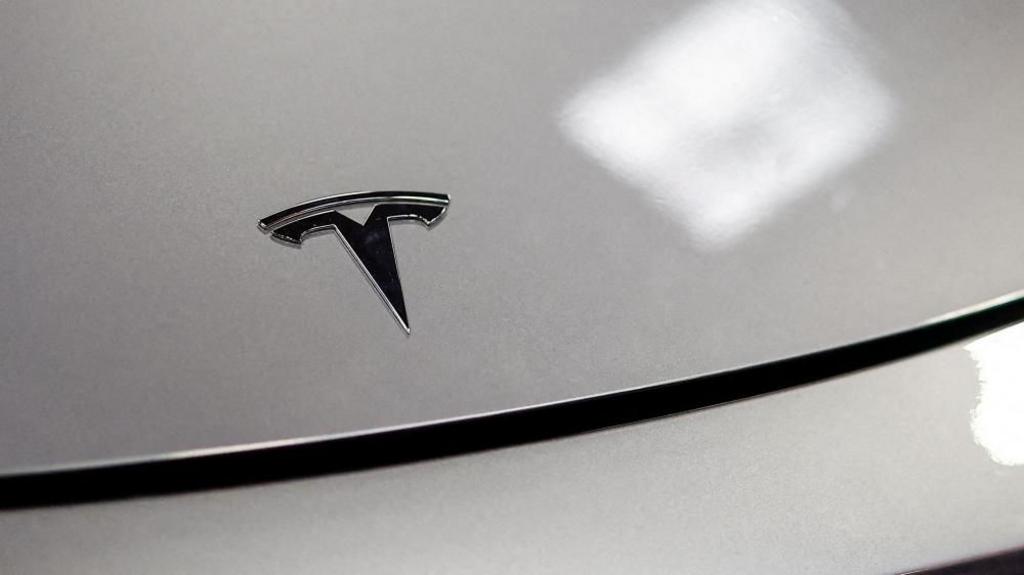Tesla has formally requested a federal court in Florida to overturn a jury verdict that held the automaker partially liable for a 2019 incident in which a pedestrian was killed and another severely injured.
Attorneys representing the victims previously argued that Tesla’s Autopilot driver assistance system contributed to the crash by failing to adequately alert the driver of a Model S and engage the braking system.
Tesla, attributing the crash to driver error, filed a motion on Friday seeking to overturn the verdict, order a new trial, or reduce the amount of punitive damages awarded.
The court had ordered the company to pay $243 million in damages following claims that CEO Elon Musk misrepresented the capabilities of the Autopilot software.
In its submission to the court, Tesla argued that the $243 million award defied “common sense.”
“Automobile manufacturers do not insure the world against harms caused by reckless drivers,” the company stated.
Brett Schreiber, the victims’ attorney, countered that Tesla’s motion “is the latest example of Tesla and Musk’s complete disregard for the human cost of their defective technology.”
He added, “The jury heard all the facts and came to the right conclusion that this was a case of shared responsibility, but that does not discount the integral role Autopilot and the company’s misrepresentations of its capabilities played in the crash.”
Mr. Schreiber expressed confidence that the court would uphold the original verdict.
During the trial, it was revealed that the driver, George McGee, lost sight of the road after dropping his phone while approaching an intersection, causing his vehicle to proceed through the intersection and collide with a parked SUV.
Neither Mr. McGee nor the Autopilot system initiated braking in time to prevent the vehicle from striking the two victims standing nearby.
Naibel Benavides Leon, 22, died after being hit by McGee’s Model S, while her boyfriend, Dillon Angulo, sustained life-altering injuries.
Tesla accused the victims’ legal team of overwhelming the jury “with a flood of highly prejudicial but irrelevant evidence,” including statements made by Mr. Musk.
Furthermore, Tesla’s lawyers contended that the substantial punitive damages award should be overturned or significantly reduced, asserting that such penalties require clear evidence of “egregious wrongdoing” on the part of the manufacturer.
The jury initially awarded the victims a total of $329 million in damages, comprising $129 million in compensatory damages and $200 million in punitive damages intended to deter Tesla from future harmful conduct.
While numerous federal lawsuits have been filed against Tesla alleging Autopilot’s involvement in fatal accidents, the Florida case, now under appeal, represents the first federal case of its kind to reach a jury verdict.
Last year, Tesla reached a settlement in a lawsuit concerning a 2018 crash that resulted in the death of an Apple engineer after his Model X collided with a highway barrier while the Autopilot system was engaged.
In 2023, a California state jury found Tesla not liable in a case where it was alleged that Autopilot contributed to a fatality.
During his testimony, Mr. McGee stated that he understood Tesla’s Autopilot to be a system that would assist him in the event of a mistake, adding that he felt the software had failed him.
Mr. McGee has reached a separate settlement with the victims for an undisclosed amount.
Sign up for our Tech Decoded newsletter to follow the world’s top tech stories and trends. Outside the UK? Sign up here.
If approved by the energy watchdog Ofgem, it would allow the US firm to take on the UK’s dominant suppliers.
Tesla’s board hopes to retain Elon Musk amid a fight for tech talent in the sector.
The company’s self-driving technology failed to prevent a 2019 crash which killed a 22-year-old woman and severely injured her boyfriend in Florida.
Elon Musk’s firm reports falling profits as tariffs hit and the US cuts support for electric vehicles.
The opening of Tesla’s first showroom in India is a milestone but not a breakthrough for the country’s EV sector.

